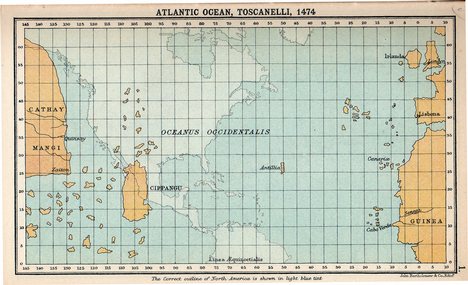Easter Sunday - a Pagan Celebration
- Duration: 3:56
- Published: 2009-09-09
- Uploaded: 2010-11-15
- Author: iamINCtv
The name "Easter" originated with the names of an ancient Goddess and God. The Venerable Bede, (672-735 CE.) a Christian scholar, first asserted in his book De Ratione Temporum that Easter was named after Eostre (aka Eastre). She was the Great Mother Goddess of the Saxon people in Northern Europe. Similarly, the "Teutonic dawn goddess of fertility [was] known variously as Ostare, Ostara, Ostern, Eostra, Eostre, Eostur, Eastra, Eastur, Austron and Ausos." Her name was derived from the ancient word for spring: "eastre." Similar Goddesses were known by other names in ancient cultures around the Mediterranean, and were celebrated in the springtime. Some were: -Aphrodite from ancient Cyprus -Ashtoreth from ancient Israel -Astarté from ancient Greece -Demeter from Mycenae -Hathor from ancient Egypt -Ishtar from Assyria -Kali, from India -Ostara a Norse Goddess of fertility. An alternative explanation has been suggested. The name given by the Frankish church to Jesus' resurrection festival included the Latin word "alba" which means "white." (This was a reference to the white robes that were worn during the festival.) "Alba" also has a second meaning: "sunrise." When the name of the festival was translated into German, the "sunrise" meaning was selected in error. This became "ostern" in German. Ostern has been proposed as the origin of the word "Easter". Credits: History.com No copyright infringement intended www.religioustolerance.org




























![Lindisfarne (variant spelling, Lindesfarne[citation needed]) is a tidal island off the north-east coast of England also known as Holy Island, the name of the civil parish. According to one place-name authority, the name originates in Old English, and means Lindisfarne (variant spelling, Lindesfarne[citation needed]) is a tidal island off the north-east coast of England also known as Holy Island, the name of the civil parish. According to one place-name authority, the name originates in Old English, and means](http://web.archive.org./web/20101212152946im_/http://cdn.wn.com/pd/46/19/69c532ce396da6272ce0664a3d6c_grande.jpg)






![Lindisfarne (variant spelling, Lindesfarne[citation needed]) is a tidal island off the north-east coast of England also known as Holy Island, the name of the civil parish. According to one place-name authority, the name originates in Old English, and means Lindisfarne (variant spelling, Lindesfarne[citation needed]) is a tidal island off the north-east coast of England also known as Holy Island, the name of the civil parish. According to one place-name authority, the name originates in Old English, and means](http://web.archive.org./web/20101212152946im_/http://cdn.wn.com/pd/46/19/69c532ce396da6272ce0664a3d6c_thumb.jpg)

